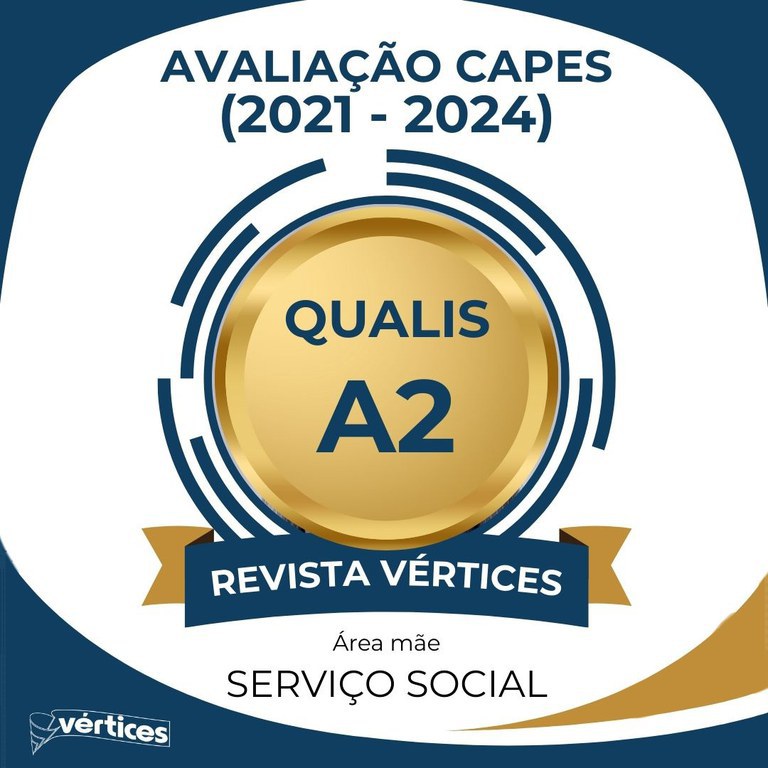The identification of the best period of control of Achatina fulica in Maringá, Paraná, Brazil
DOI:
https://doi.org/10.19180/1809-2667.v21n12019p109-124Keywords:
Climogram, Giant African snail, El Niño and La NiñaAbstract
This article aims to analyze the relationship between the giant African snail with the mean compensated temperature, the relative humidity of the average air and the average rainfall. The data of the snail with the phenomena El Niño and La Niña were also confronted. The methodological procedures were based on the approval of the research by the ethics councils of the State University of Maringá and the Municipal Health Secretary. In the sequence, the climatic data were obtained and treated to build up the climograms. We used the Microsoft Excel 2010®, the Quantum GIS 2.18.1® and the ArcGis 10.4® softwares. After the preparation of the climograms, the analysis of the relationship between the climatic variables and the African giant snail was carried out. As a result, it was possible to identify the periods that are more favorable for getting success in the control of the species, which are in the years that present hotter and more humid summers, possibly associated to the El Niño phenomenon, since it was observed that these years are more conducive to reproduction and dissemination of the exotic species. It was concluded that the control of the mollusc should be daily. It should also be noted that the process of manual harvesting should not only be of the mollusc and eggs on the soil, but also of the eggs that are buried to avoid hatching and in fact control of the exotic species.Downloads
Published
Issue
Section
License
The authors of the manuscript submitted to Vértices, hereby represented by the corresponding author, agree to the following terms:
The authors retain the copyright and grant Vértices the right of first publication.
At the same time the work is licensed under the Creative Commons Attribution 4.0 International License, allowing third parties to copy and redistribute the material in any medium or format and to remix, transform, and build upon its content for any legal purpose, even commercially, provided the original work is properly cited.
Authors will not receive any material reward for the manuscript and Essentia Editora will make it available online in Open Access mode, through its own system or other databases.
Authors are authorized to enter into additional contracts separately for non-exclusive distribution of the version of the work published in Vértices (eg, publish in institutional repository or as book chapter), with acknowledgment of authorship and initial publication in this journal.
Authors are permitted and encouraged to disseminate and distribute the post-print (ie final draft post-refereeing) or publisher's version/PDF at online information sources (eg, in institutional repositories or on their personal page) at any time after the first publication of the article by Vértices.
Essentia Editora may make normative, orthographic and grammatical changes in the originals in order to maintain the standard language, with the final consent of the authors.
The content and opinions expressed in the manuscript are the sole responsibility of the author (s).
























1.png)



